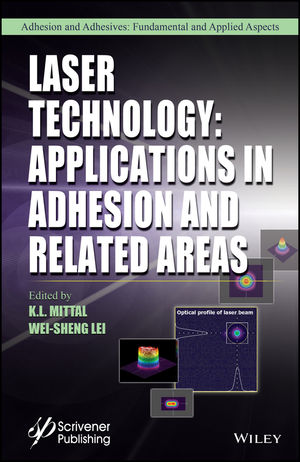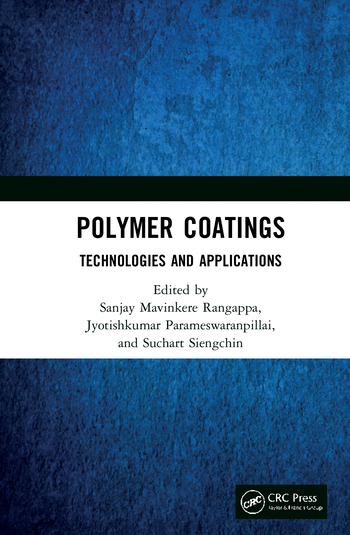Research Shows High Carrying Capacity of Precipitated Silica for Bulk Food and Feed Applications

Image courtesy of PPG.
PPG released new data about the performance benefits of its PPG FLO-GARD™ precipitated silica products as high-capacity carrying agents in bulk food and feed applications. The research compared the carrying capacity of PPG’s precipitated silica to maltodextrin, a common carrying and bulking agent. Results showed that PPG Flo-Gard silicas provided more than 40 times the carrying capacity of maltodextrin.
The silica is used in food free-flow and carrier applications to add flavors and nutrients, improve product performance and maximize manufacturing productivity. It is odorless and tasteless, imparting no additional flavors or calories to food. As a carrying agent, it absorbs liquids, oils and fats and produces a free-flowing powder that can be found in animal feed premixes and many powdered and granulated food products.
“Precipitated silicas have been used extensively as free-flow and anti-caking agents, but they are also very effective as carrying agents due to their high surface area and porous structure,” said Matt Faber, PPG Research Manager, Specialty Coatings and Materials. “This new research demonstrates their capacity and versatility, and how precipitated silicas can help manufacturers increase production efficiency by achieving higher additive concentrations and greater storage and transportation flexibility.”
Researchers used sunflower oil to test the carrying capacity of the precipitated silica and maltodextrin. The oil was added to each agent to turn the liquid into a dry, free-flowing powder. The maltodextrin displayed a carrying capacity of 3.75% by weight, while the four grades of the precipitated silicas displayed maximum carrying capacities above 66%. The silicas’ increased carrying capacity contributes to shorter mixing times, allowing manufacturers to achieve higher throughputs with less caking in hoppers and machinery.
“PPG’s precipitated silicas provide food service companies and manufacturers with advantages that extend beyond the product itself,” said Adam Riley, PPG Global Technical Manager, Specialty Coatings and Materials. “They also contribute to important sustainability goals by enabling smaller packaging and reduced shipping costs, helping to lower the overall emissions associated with food production.”
To read more about the precipitated silica research, click here.
Looking for a reprint of this article?
From high-res PDFs to custom plaques, order your copy today!








